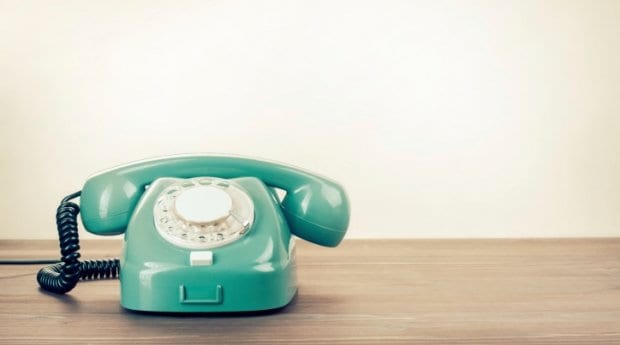A crisis line for trans people that has been making waves in the United States is now available toll-free across Canada.
The Trans Lifeline, a San Francisco-based organization staffed by trans people, added a Canada-specific toll-free line on Dec 12, after Toronto photographer Sophia Banks suggested that Greta Gustava Martela, one of Lifeline’s founders, consider expanding.
Trans Lifeline launched in the United States on Nov 20, the Trans Day of Remembrance, with coverage appearing in Time and The Advocate, as the first national trans crisis line. While there are local lines that cater to lesbian, gay and bisexual people and the trans community specifically, this is the first with a national — and now international — network.
Banks was inspired to ask for a Canadian line after she heard of the death of a trans woman in Vancouver and began to think about how hard it is to see other trans people talking about suicide on Twitter.
According to her, traditional suicide lines, while doing great work, don’t understand the challenges faced by trans people.
“If a trans person is in crisis and they have to call and that person has no familiarity with trans people and they have to do trans 101, it’s not only unhelpful, but it could potentially aggravate the situation even more,” Banks says.
The service is undoubtedly needed. The Canadian Mental Health Association notes that an Ontario survey found that 77 percent of trans people have considered suicide, and 45 percent had attempted it. For trans youth, or those who had experienced past trauma, the risk increases.
It was Martela’s own experience that motivated her to organize the crisis line. Before starting her transition process, she had called the national suicide-prevention hotline in the United States. “I got a man on the phone, and he did the normal suicide-hotline thing of asking me what’s going on,” Martela says. “So I had to explain to this dude what it means to be transgender, and it was so clear that it made him really uncomfortable.”
Later, as she was transitioning, Martela volunteered at TransGender San Francisco, a social organization for trans people. They had a toll-free number that, while not a crisis line, frequently received calls from trans people who needed help. The experience made Martela realize that there was a need for a crisis line that could specifically help trans people.
She and her partner, both software engineers, started the Trans Lifeline with just $250, leaping in with the expectation they would adjust as need dictated. After their official launch in November, the number of calls started increasing, as did the number of volunteers — they now average about 40 to 60 calls a day and have a team of 40 operators, with approximately 380 more volunteers waiting for training.
“We’re not getting the kinds of calls that suicide hotlines for the general population would get,” Martela says. “Trans people’s calls are very specific; their needs are very concrete.”
“They are encountering resistance in their community — a resistance in their society — and that’s what is causing them their crises,” she adds.
Funding is now Martela’s main concern. As the need has grown, so has the need for paid staff and grant writers. The addition of the Canadian hotline also means that Martela faces a larger telephone bill.
Banks is promoting a GoFundMe page to help cover the costs of the new Canadian number. She is also using her large social-media presence to spread the message about the phone number.
“It’s really important to get this sort of thing out, especially around the holidays, when a lot of people are kind of rejected from their families,” Banks says.
If you are in crisis or need assistance, you can call the Trans Lifeline toll-free in Canada at 1-877-330-6366, in the United States at 1-877-565-8860, or contact them online.
HG Watson can be reached at hg.watson@dailyxtra.com or @hg_watson on Twitter.


 Why you can trust Xtra
Why you can trust Xtra


